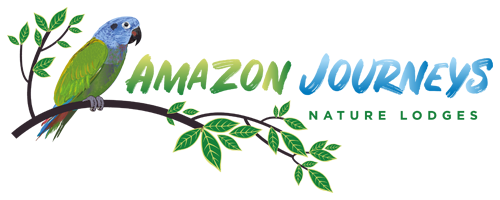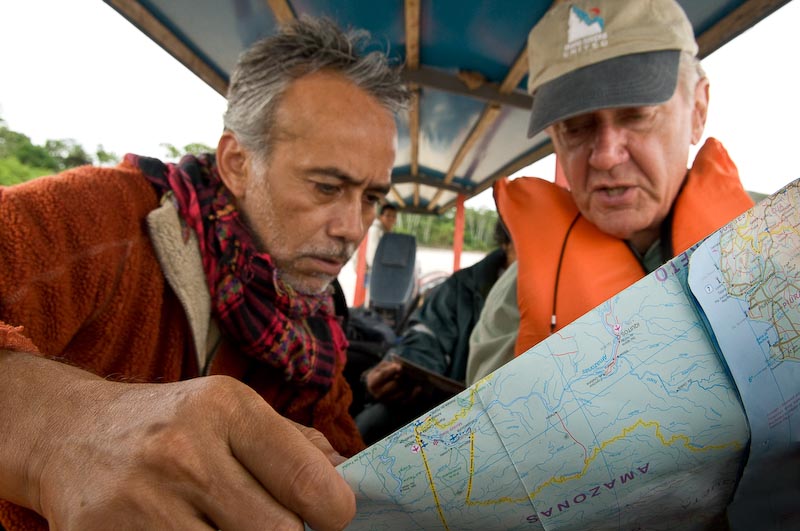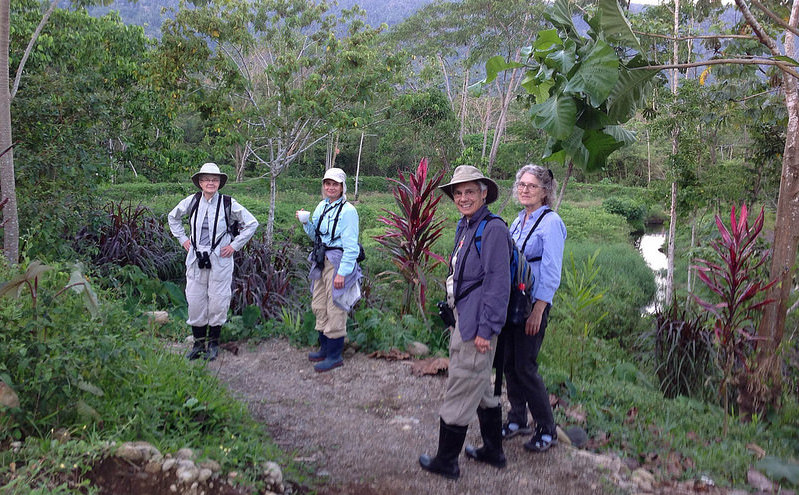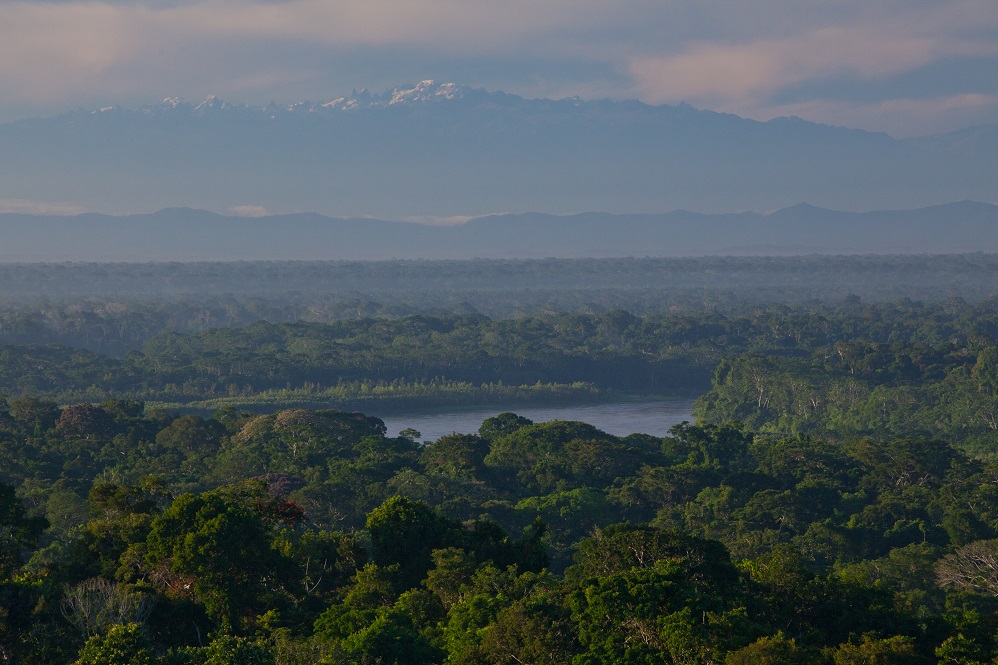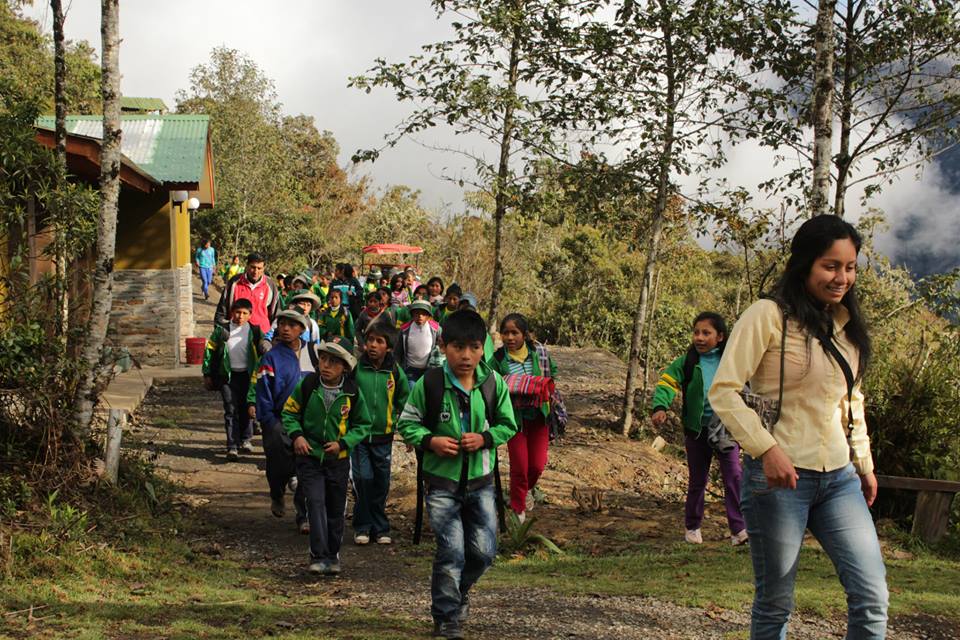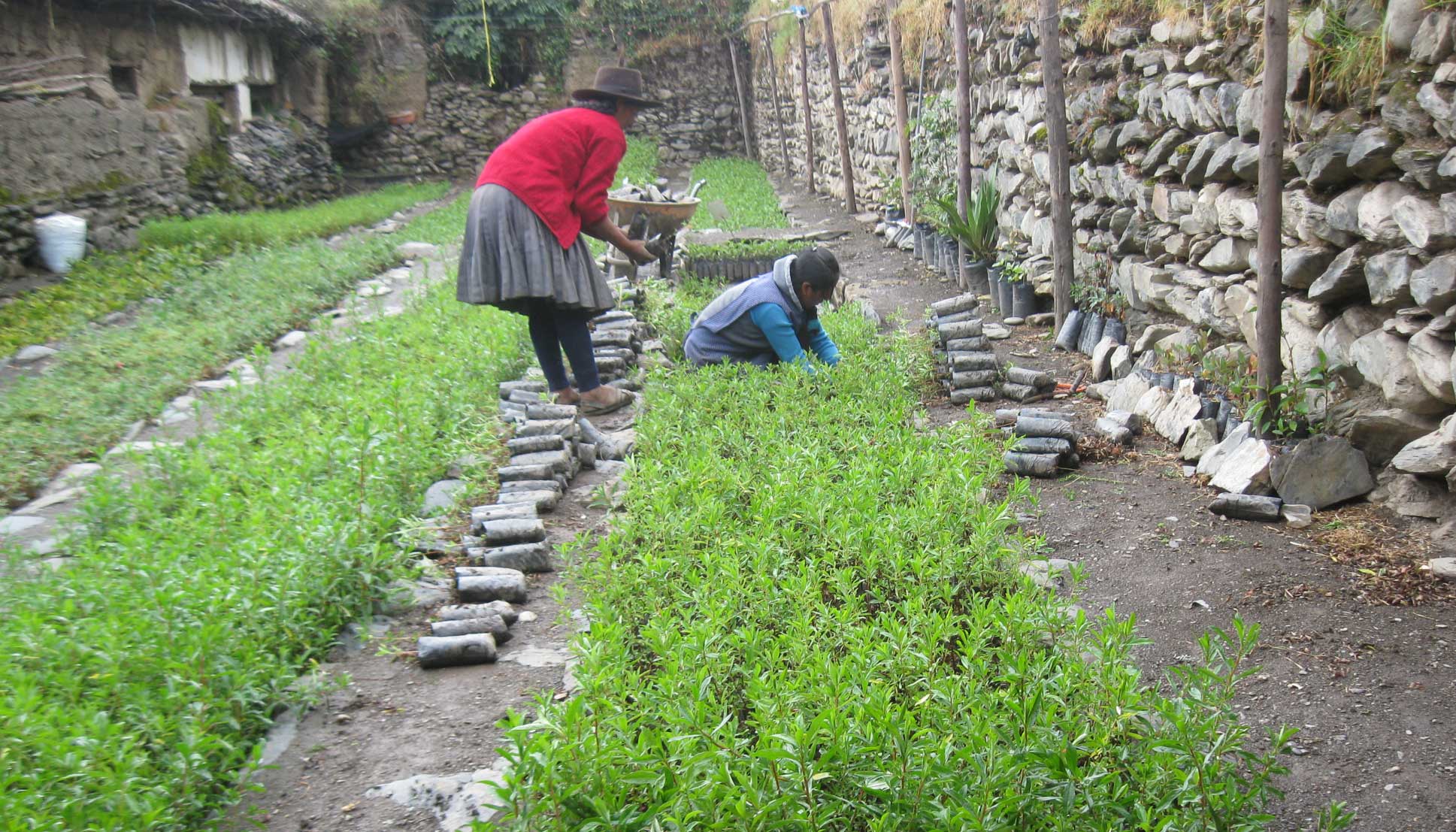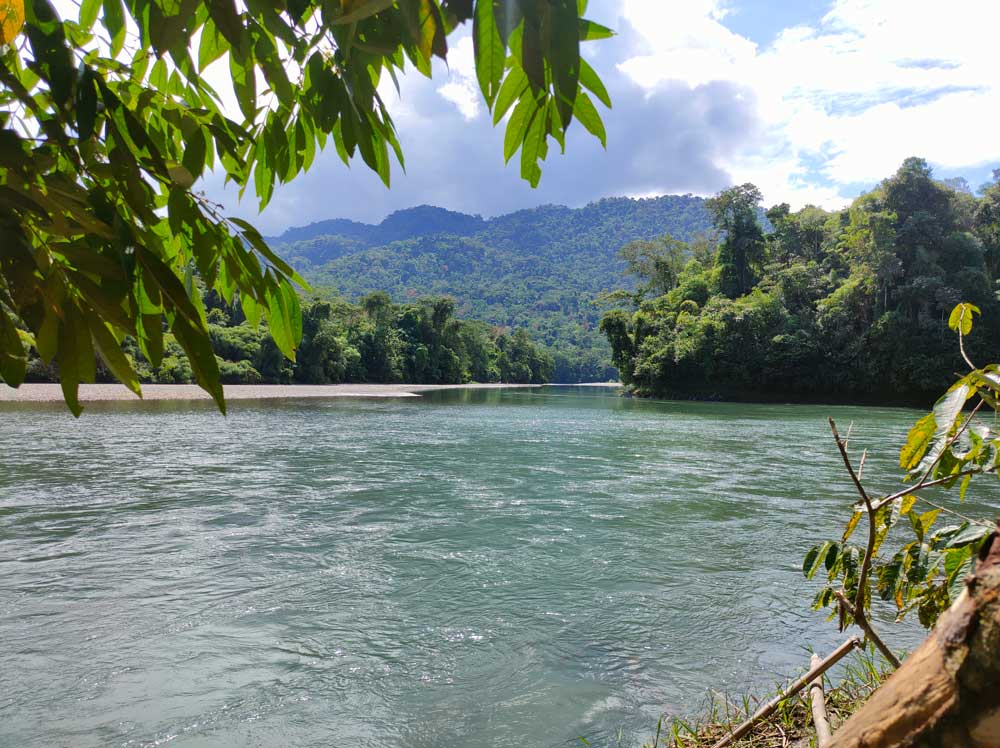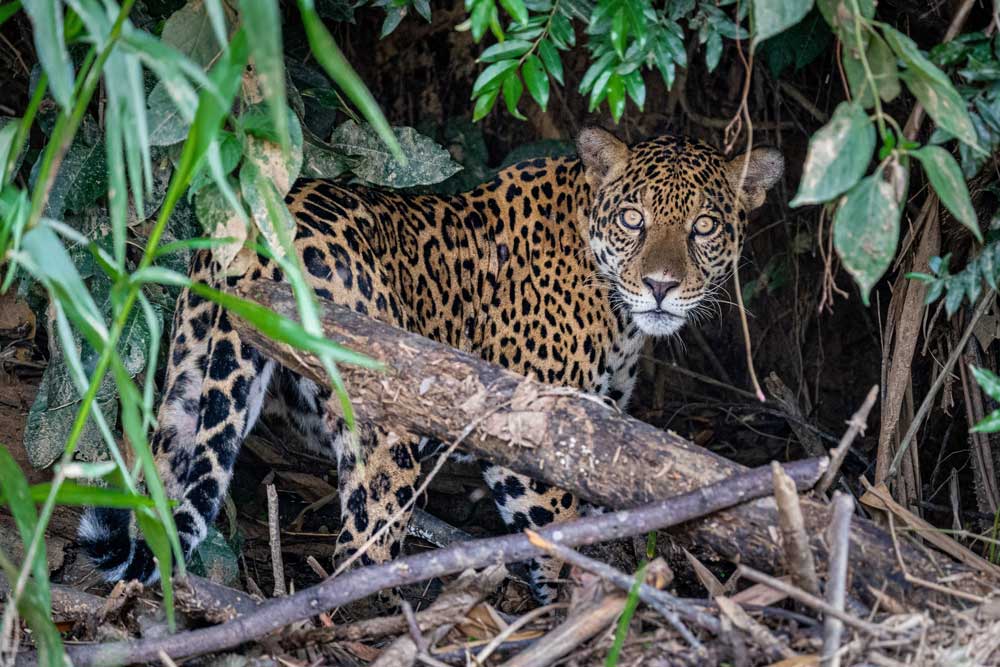Who we are
About us
We are a unique network of biological stations and lodges for sustainable research, education and tourism open to you. Live with us authentic experiences around the Manu National Park, where the Andes and the Amazon meet, supporting the conservation of the most diverse forests on the planet.
Our stations are active centers of learning and discovery, attracting researchers, university courses, volunteers and visitors from around the world.
Your visit will allow the money we raise to be used entirely for our conservation and education efforts. One more reason to visit us!
We are your key to discover and enjoy nature in all its splendor.
Our values

Passion
We keep our essence.
We know and are part of wildlife, we are adventurers, brave travelers, passionate people in its purest state.
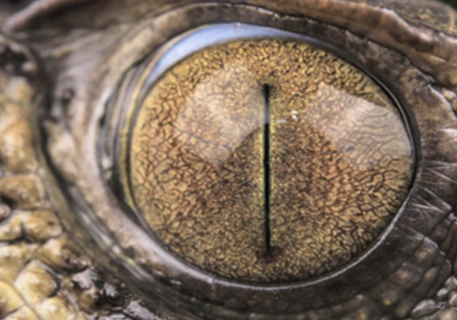
Diversity
We provide once-in-a-lifetime opportunities.
We live in connection with the magic and mystery of life on this planet, with
all its meanings.

Curiosity
We seek knowledge.
We are guided by curiosity, our thirst for knowledge and its dissemination.
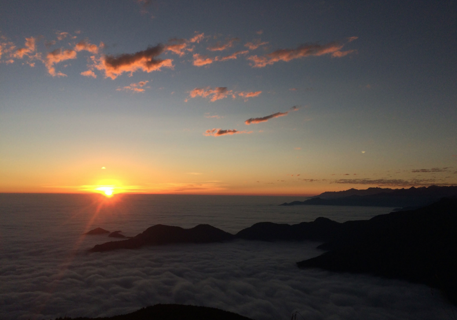
Sustainability
Responsibility for nature
We feel.
We have our hearts open to the messages of nature and we share it with emotion.
Our Conservation Work in the Amazon
Our Mission
We work to protect the world’s most diverse landscapes, train the next generation of Amazon conservationists, and partner with communities to support livelihoods that sustain biodiversity.
We conserve the Amazon by protecting state, community and private lands, working with governments, supporting local people to improve their management of natural resources and developing conservation solutions. Scientific research guides our approach and has its roots in our biological stations and field programs in the Andes-Amazon.
Our Research
Researchers, students, volunteers, and travelers from around the world journey to our three Peruvian biological stations to witness their rich wildlife and see conservation in action. Our Science and Education program aims to train the next generation of conservationists, promote research and analysis on threats to biodiversity, test solutions to complex conservation issues, and generate data to inform conservation strategies and public policy.
The program is rooted in our three biological stations, which provide an on-the-ground presence where we conduct our conservation work. We are a leading institution in research on forest ecosystems and wildlife, and promote high-quality research by providing premier facilities and logistical and technical support at our stations, awarding scholarships for field projects on priority conservation issues, and facilitating communication and collaboration among researchers, communities, decision-makers and other actors. Research generated at our stations is shared with area communities to strengthen technical capacity for conservation and sustainable management of natural resources, strengthen the regional capacity for environmental governance, and promote rational scientific discourse as a basis for decision-making. Our biological stations typically host 25 research projects and 15 field courses each year, attracting researchers who have cataloged over 6,900 species and published more than 260 scientific papers to date.
Our Accomplishments
Founded in 1999, ACCA has become a leader in Amazon forest conservation, protecting more than 5 million acres of land and wildlife in the Andean-Amazon region of Peru. Its founding program provided support to Brazil nut collectors, as an incentive for the protection of the forest. Conservación Amazónica – ACCA also established Peru’s first conservation concession, the Los Amigos Conservation Concession, comprising 360,000 acres of the lower Los Amigos watershed, as a buffer for the world-famous Manu National Park. ACCA supported the establishment of the Haramba Queros Wachiperi Ecological Reserve, the world’s first conservation concession managed by an indigenous group, which protects 17,238 acres of highly diverse montane rainforest on the eastern slopes of the Andes of southern Peru. In 2021 and 2022 alone, we planted more than 87,000 native trees with communities in the buffer zone of protected areas, helped more than 240 Peruvian farmers to implement sustainable agricultural models, and hosted hundreds of students, researchers, and professors at our research stations. Our three biological stations have grown to host more than 25 projects and 15 field courses a year, attracting researchers who have cataloged more than 6,900 species and published more than 260 scientific articles.
